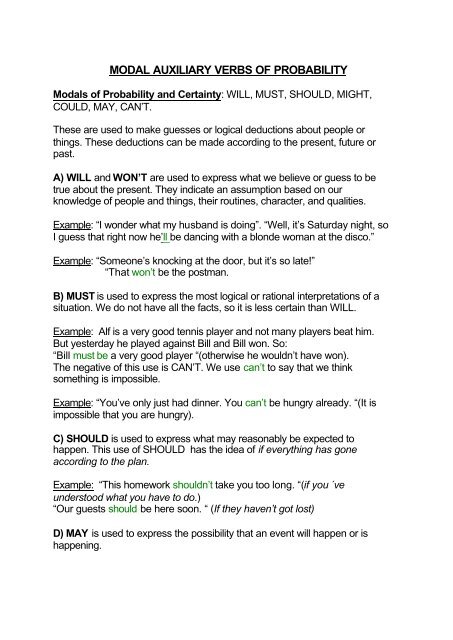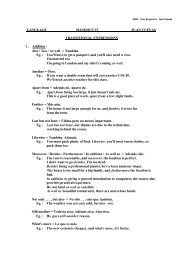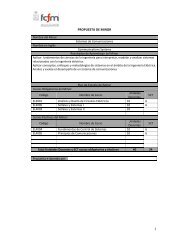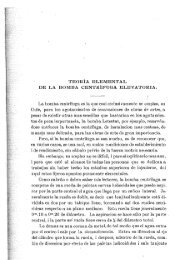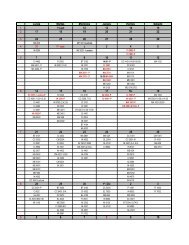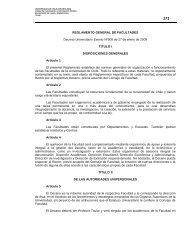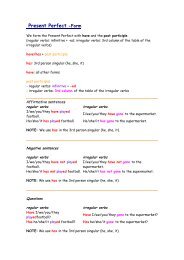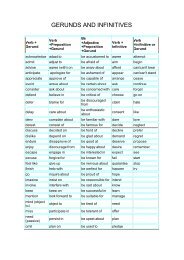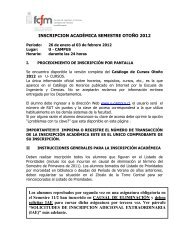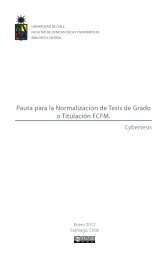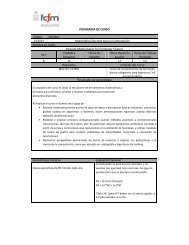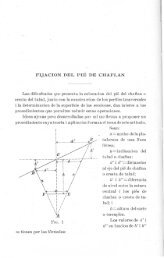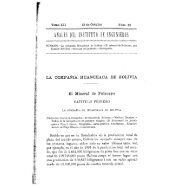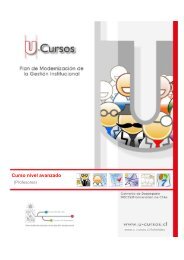modal auxiliary verbs of probability in the past
modal auxiliary verbs of probability in the past
modal auxiliary verbs of probability in the past
- No tags were found...
Create successful ePaper yourself
Turn your PDF publications into a flip-book with our unique Google optimized e-Paper software.
MODAL AUXILIARY VERBS OF PROBABILITYModals <strong>of</strong> Probability and Certa<strong>in</strong>ty: WILL, MUST, SHOULD, MIGHT,COULD, MAY, CAN’T.These are used to make guesses or logical deductions about people orth<strong>in</strong>gs. These deductions can be made accord<strong>in</strong>g to <strong>the</strong> present, future or<strong>past</strong>.A) WILL and WON’T are used to express what we believe or guess to betrue about <strong>the</strong> present. They <strong>in</strong>dicate an assumption based on ourknowledge <strong>of</strong> people and th<strong>in</strong>gs, <strong>the</strong>ir rout<strong>in</strong>es, character, and qualities.Example: “I wonder what my husband is do<strong>in</strong>g”. “Well, it’s Saturday night, soI guess that right now he’ll be danc<strong>in</strong>g with a blonde woman at <strong>the</strong> disco.”Example: “Someone’s knock<strong>in</strong>g at <strong>the</strong> door, but it’s so late!”“That won’t be <strong>the</strong> postman.B) MUST is used to express <strong>the</strong> most logical or rational <strong>in</strong>terpretations <strong>of</strong> asituation. We do not have all <strong>the</strong> facts, so it is less certa<strong>in</strong> than WILL.Example: Alf is a very good tennis player and not many players beat him.But yesterday he played aga<strong>in</strong>st Bill and Bill won. So:“Bill must be a very good player “(o<strong>the</strong>rwise he wouldn’t have won).The negative <strong>of</strong> this use is CAN’T. We use can’t to say that we th<strong>in</strong>ksometh<strong>in</strong>g is impossible.Example: “You’ve only just had d<strong>in</strong>ner. You can’t be hungry already. “(It isimpossible that you are hungry).C) SHOULD is used to express what may reasonably be expected tohappen. This use <strong>of</strong> SHOULD has <strong>the</strong> idea <strong>of</strong> if everyth<strong>in</strong>g has goneaccord<strong>in</strong>g to <strong>the</strong> plan.Example: “This homework shouldn’t take you too long. “(if you ´veunderstood what you have to do.)“Our guests should be here soon. “ (If <strong>the</strong>y haven’t got lost)D) MAY is used to express <strong>the</strong> possibility that an event will happen or ishappen<strong>in</strong>g.
Example: “You are look<strong>in</strong>g for Jack. Nobody knows for sure where he is butyou get some suggestions. He may be <strong>in</strong> his <strong>of</strong>fice.”“Where’s Ann?” “She may be hav<strong>in</strong>g a bath, I don’t know.”E) MIGHT is more tentative and slightly less certa<strong>in</strong> than MAY.Example: “It might ra<strong>in</strong>. Take your umbrella.”F) COULD has a similar mean<strong>in</strong>g to MIGHT.Example: “You could be right. I’m not sure”G) COULDN’T has a similar mean<strong>in</strong>g to CAN’T but is slightly weaker.Example: She couldn’t have a ten-year-old daughter! She’s only 21 herself!MODAL AUXILIARY VERBS OF PROBABILITY IN THE PASTThey express <strong>the</strong> same degrees <strong>of</strong> certa<strong>in</strong>ty. (WILL HAVE DONE is <strong>the</strong>most certa<strong>in</strong>, and MIGHT/COULD HAVE DONE is <strong>the</strong> least certa<strong>in</strong>.Example: “I met a tall girl at your party. Very attractive”.“That’ll have been my sister, Patsy”.“Although <strong>the</strong>y had selected <strong>the</strong> best hits, nobody danced.”“The music can’t have been any good!”“Bob is never late. I don’t know what could have happened to him”“He might have forgotten his wedd<strong>in</strong>g!”


